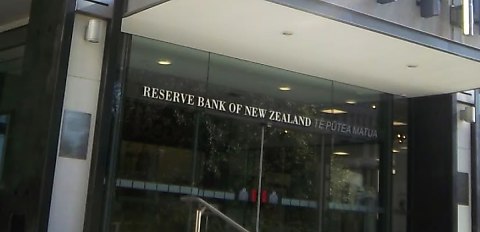The monetary policy committee increased the official cash rate (OCR) from 3.5 per cent to 4.25 per cent on Wednesday (23 November).
It marked the largest increase to the cash rate since the OCR was introduced in 1999. The last time the cash rate was more than 4.25 per cent was in 2008 when it was 5 per cent, which continued its steady decrease to the record low 0.5 per cent seen during the pandemic.
In making its decision, it noted that consumer price inflation in New Zealand in the September quarter was “significantly stronger than expected”, now at 7.2 per cent, adding that demand had continued to outstrip New Zealand’s capacity to supply goods and services, which had continued to put pressure on inflation.
In addition, the impact of the global slowdown on New Zealand’s trade channels and “people’s confidence” due to uncertainty.
“Core consumer price inflation is too high, employment is beyond its maximum sustainable level, and near-term inflation expectations have risen,” the RBNZ committee noted.
“Central banks are tightening monetary conditions in an effort to slow spending and reduce inflation pressure.”
Indeed, Australia’s cash rate has risen aggressively hitting 2.85 per cent in November, with further hikes expected.
The committee agreed that the cash rate needs to reach a higher level and sooner than previously indicated “to ensure inflation returns to within its target range (1–3 per cent) over the medium-term”.
New Zealand’s central bank weighed up the options of a 50, 75 or 100-bp increase before deciding on a 75-bp hike.
Members agreed that a larger increase in the cash rate “was appropriate, given the resilience of domestic spending”, however, on the “balance of risk” members decided against 100 bps.
The committee discussed the recent Financial Stability Report and noted that the recent stress test demonstrated banks’ resilience, which echoed Australia’s banking stress test assessment.
The central bank also noted it was “especially interested” in the resilience of household balance sheets to scenarios of higher interest rates, reduced labour demand, and declining house prices.
However, New Zealand’s household spending remained resilient, especially “considering the rise in debt servicing costs, the fall in house prices, and low levels of consumer confidence”.
Recession needed to bring down inflation
Westpac New Zealand’s economist Michael Gordon said the central bank now believes that a recession will be needed to bring inflation back within its target range in the coming years.
“Even then, it has substantially upgraded its inflation forecasts compared to August, and is not expecting inflation to drop below 3 per cent until the second half of 2024,” Mr Gordon said.
“The big surprise was … the RBNZ expects the OCR will need to rise to a peak of 5.5 per cent next year (compared to a 4.1 per cent peak in its August forecasts).”
Westpac New Zealand’s current forecast is for a 5 per cent peak in the cash rate by early next year.
“In our view this remains sufficient to bring inflation under control, with borrowers about to encounter substantially higher retail interest rates in the coming months,” Mr Gordon said.
[Related: NZ DTI framework puts Aussie banks in focus]

